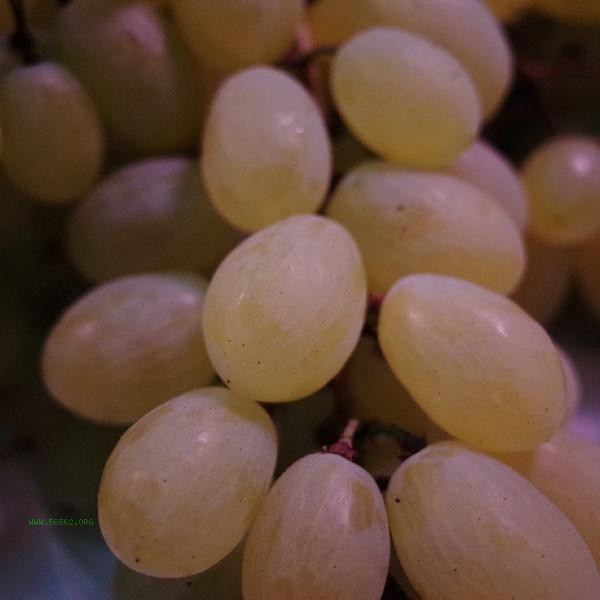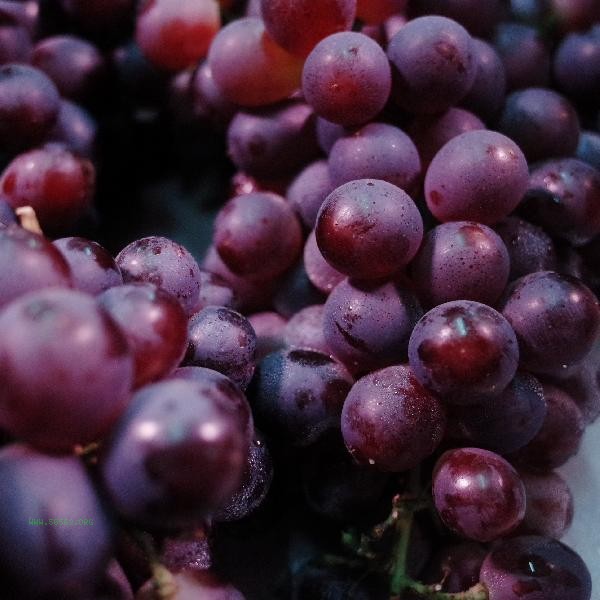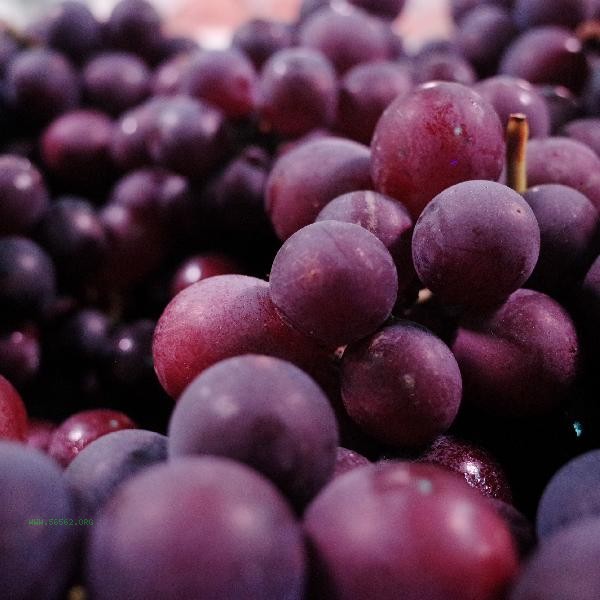Eating 70 grapes at once may cause gastrointestinal discomfort, and excessive intake of sugar and dietary fiber can lead to problems such as bloating and diarrhea. Grapes contain high fructose, and a large amount of consumption in a short time may increase the metabolic burden. diabetes patients should be especially cautious. Grapes are high sugar fruits, with about 15 grams of sugar per 100 grams. The sugar intake of 70 grapes may exceed the daily recommended amount. Fructose may be converted into fat during liver metabolism, and long-term excess may increase the risk of non-alcoholic fatty liver disease. Although dietary fiber in grape skins and seeds is beneficial for intestinal health, short-term and large intake can stimulate the gastrointestinal mucosa, causing spasmodic abdominal pain or osmotic diarrhea. Some people are sensitive to salicylates in grapes and may experience allergic reactions such as skin itching or swelling of oral mucosa. Individuals with special constitutions may experience more severe reactions. Individuals with weak gastrointestinal function are prone to acute gastroenteritis, resulting in symptoms of nausea and vomiting. Patients with renal insufficiency should be alert to the risk of hyperkalemia, as high potassium ion levels in grapes may interfere with electrolyte balance. Children and elderly people may experience intestinal obstruction due to inadequate digestive function and excessive consumption. Special attention should be paid to the interaction between certain medications such as antihypertensive drugs, diuretics, and high potassium foods when taken together.

It is recommended to limit daily fruit intake to 200-350 grams, which is equivalent to 30-50 grapes. Pay attention to eating in portions when consuming, and avoid consuming large amounts on an empty stomach. When symptoms such as abdominal pain and diarrhea occur, temporary fasting observation is recommended. If discomfort persists, medical attention is needed. Daily diet should pay attention to diversity. Grapes can be eaten alternately with low sugar fruits. It is recommended to monitor postprandial blood glucose in patients with diabetes. When storing grapes, pay attention to refrigeration and preservation. The surface white frost is natural fruit powder and does not need to be deliberately cleaned. Gently rinse with running water to remove surface pesticide residues.











Comments (0)
Leave a Comment
No comments yet
Be the first to share your thoughts!